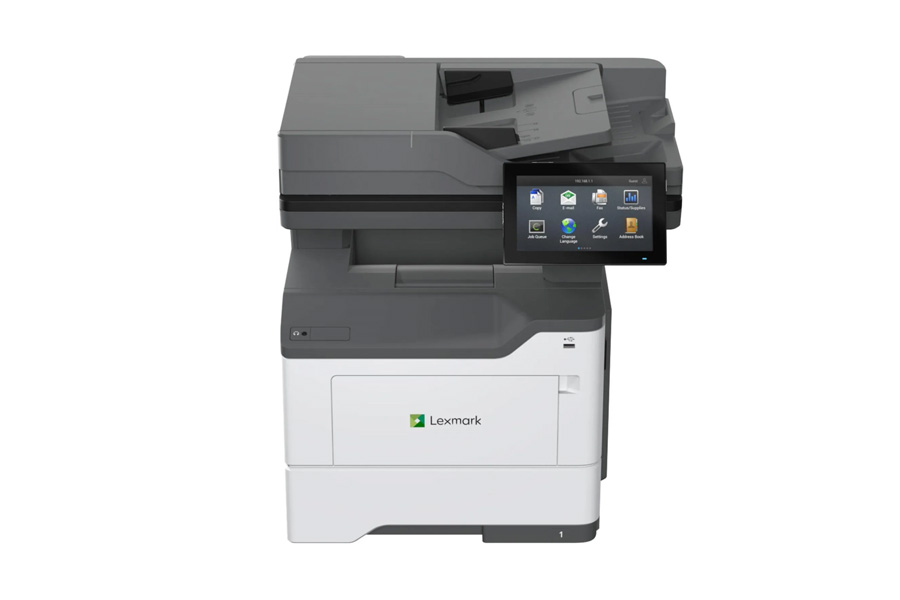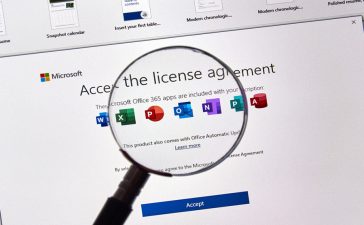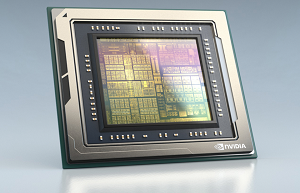Introduction: Why Leasing a Copier Is a Smart Business Move
Businesses of all sizes rely on copiers for efficient document management. Whether it’s printing reports, scanning contracts, or copying marketing materials, having the right copier is essential. However, purchasing a copier outright can be expensive, especially for startups or small businesses. Leasing a copier offers a cost-effective, flexible solution that allows businesses to access advanced technology without a significant upfront investment.
This post provides a detailed overview of copier leases, covering the benefits, types of leases, factors to consider, and tips for finding the right leasing provider.
What Is a Copier Lease?
A copier lease is a contractual agreement between a business and a leasing company that allows the business to use a copier for a fixed period. Instead of purchasing the copier, the business pays regular installments, usually monthly or quarterly.
Key Features of a Copier Lease:
- Fixed payments: Predictable expenses over the lease term.
- Maintenance and support: Many leases include maintenance, toner replacement, and repair services.
- Upgrade options: Leasing allows businesses to upgrade to newer models during or at the end of the lease term.
Benefits of Leasing a Copier
1. Reduced Upfront Costs
Leasing eliminates the need for a large initial investment, making high-quality copiers accessible to businesses with limited budgets.
2. Access to Advanced Technology
Leased copiers often come with the latest features, including:
- High-speed printing and scanning.
- Wireless and mobile printing.
- Secure document handling and encryption.
This ensures businesses stay competitive without needing to purchase expensive upgrades.
3. Predictable Budgeting
Fixed monthly payments allow businesses to plan their budgets more effectively, avoiding unexpected repair or replacement costs.
4. Maintenance and Support
Most leasing agreements include maintenance and technical support, reducing downtime and keeping the copier in excellent working condition.
5. Flexibility
Leasing agreements are flexible, enabling businesses to upgrade or adjust their copier setup as their needs evolve.
Types of Copier Leases
Fair Market Value (FMV) Lease
An FMV lease allows businesses to return the copier or purchase it at its fair market value at the end of the lease term. This is a great option for businesses that plan to upgrade their equipment regularly.
$1 Buyout Lease
A $1 buyout lease enables businesses to own the copier at the end of the lease term by paying just $1. This is ideal for companies that intend to keep the copier for the long term.
How to Choose the Right Copier for Lease
Step 1: Assess Your Business Needs
Before choosing a copier, evaluate:
- Print volume: How many pages does your business print monthly?
- Required features: Do you need duplex printing, scanning, or mobile printing?
- Office size: Choose a copier that fits your space and team’s workflow.
Step 2: Compare Copier Models
Look for copiers that offer the features you need, such as:
- Automatic document feeders for high-volume scanning.
- Energy-efficient settings to reduce utility costs.
- Advanced security options for confidential documents.
Step 3: Research Leasing Providers
Choose a provider with a solid reputation for:
- Transparent pricing and terms.
- Responsive customer support.
- Reliable maintenance and repair services.
Step 4: Review the Lease Agreement
Carefully read the contract to understand:
- The duration of the lease.
- Maintenance and support coverage.
- Upgrade options during the lease term.
- Early termination fees or penalties.
Common Questions About Copier Leases
Is Leasing a Copier Cheaper Than Buying?
While leasing may have higher long-term costs compared to buying, it eliminates the need for a significant upfront investment. It also includes maintenance and upgrades, which can save money over time.
What Happens at the End of a Copier Lease?
At the end of the lease, you can:
- Return the copier.
- Renew the lease.
- Purchase the copier at its residual value (depending on the lease type).
Can I Upgrade My Copier During the Lease?
Many leasing agreements allow for mid-term upgrades, ensuring your equipment keeps pace with your growing business needs.
Tips for Maximizing the Value of a Copier Lease
1. Choose the Right Features
Focus on features that align with your business needs to avoid overpaying for unnecessary functionalities.
2. Track Usage
Monitor print volumes to stay within your lease terms and avoid overage fees.
3. Schedule Regular Maintenance
Take advantage of included maintenance services to keep your copier running smoothly and extend its lifespan.
4. Negotiate Flexible Terms
Work with the leasing provider to negotiate terms that allow for upgrades or early termination without significant penalties.
Leasing vs. Buying: A Quick Comparison
| Aspect | Leasing | Buying |
| Upfront Costs | Low | High |
| Ownership | No | Yes |
| Maintenance | Often included in the lease | Additional expense |
| Upgrade Flexibility | Easy
|
Difficult |
| Long-Term Costs | Higher | Lower |
Finding the Right Leasing Provider
Some top copier leasing providers include:
- Xerox: Known for their reliable copiers and comprehensive leasing plans.
- Canon: Offers a range of models with advanced features.
- Ricoh: Provides flexible leasing terms and excellent customer support.
- Konica Minolta: Specializes in scalable solutions for growing businesses.
Conclusion: Is Leasing a Copier Right for Your Business?
Leasing a copier can be a smart choice for businesses looking to save on upfront costs while accessing high-quality equipment. By understanding your needs, evaluating leasing options, and choosing a reliable provider, you can find the perfect copier for lease to support your business’s productivity and growth. Whether you’re a small business or a large organization, copier leasing offers the flexibility, convenience, and advanced features needed to streamline your operations.






